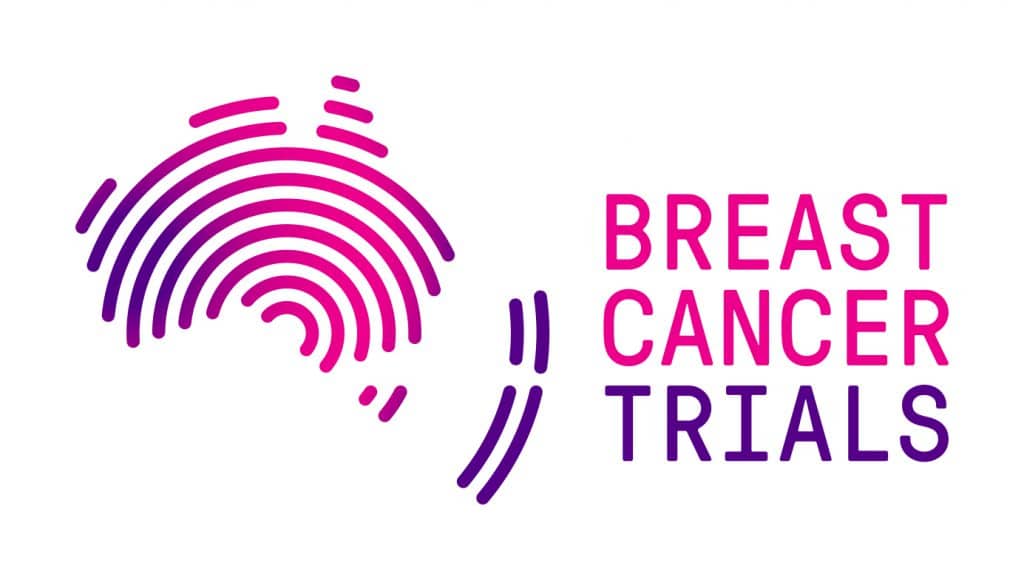New Treatment Option for Women with Early Form of Breast Cancer
The results of an international clinical trial have shown that anastrozole is as effective as tamoxifen for treating postmenopausal women with an early form of breast cancer known as ductal carcinoma in situ (DCIS).
The results of the IBIS-II DCIS clinical trial were presented at the 2015 San Antonio Breast Cancer Symposium and published in The Lancet.
DCIS is described as a very early form of breast cancer, where cancer cells are present in milk ducts, but have not yet spread to the surrounding breast tissue. If left untreated, DCIS may develop into invasive breast cancer. Approximately 1,600 women are diagnosed with DCIS in Australia each year.
A total of 2,980 postmenopausal women with DCIS participated in the study from 14 countries, and were given either anastrozole or tamoxifen for five years after surgery.
The study found that anastrozole and tamoxifen had similar overall efficacies, with slightly better outcomes for those who took anastrozole. The women had similar outcomes for disease recurrence, whether they took tamoxifen or anastrozole. Those who took anastrozole had an 11 per cent lower rate of recurrence of DCIS or invasive cancer than those who took tamoxifen, but this difference was not significant.
Importantly, women in the two groups had different side effects. Women who took anastrozole experienced fewer endometrial and ovarian cancers and skin cancers, and fewer deep vein thrombosis and gynecological issues, compared with those who took tamoxifen. However, more strokes, fractures and musculoskeletal issues were seen among those receiving anastrozole.
The study was coordinated in Australia and New Zealand by the Australia and New Zealand Breast Cancer Trials Group (ANZBCTG) and was supported by grants from the National Health and Medical Research Council. 178 women participated in the study from 24 hospitals throughout Australia and New Zealand.
ANZBCTG Study Chair and International Co-Chair for the IBIS-II DCIS clinical trial, Professor John Forbes AM, says “The results of the study show that postmenopausal women with DCIS may now have more treatment options that better suit their personal circumstances and their tolerability of medications.”
“These are important research results which may help postmenopausal women diagnosed with DCIS, and their treating clinician, decide upon the best treatment option available to them for this type of breast cancer based on the side effects that may be expected from treatment with either anastrozole or tamoxifen,” Professor Forbes said.
The ANZBCTG is the largest, independent oncology clinical trials research group in Australia and New Zealand and for more than 35 years, has conducted a national clinical trials research program for the treatment, prevention and cure of breast cancer. The research program involves more than 700 members at 87 leading medical institutions in Australia and New Zealand. The ANZBCTG’s fundraising department is the Breast Cancer Institute of Australia.
More information about the ANZBCTG and its research program is available at www.anzbctg.org.
The IBIS II DCIS trial was supported by project grants from the National Health and Medical Research Council Australia (NHMRC Project Grant ID 300755 2004-2008; NHMRC Project Grant ID 569213 2009-2013), the Breast Cancer Research Foundation, New York USA, and AstraZeneca.
Media contact: Anna Fitzgerald, ANZBCTG Communications Manager
Phone: 02 4925 5255 or 0400 304 224 or Email: anna.fitzgerald@anzbctg.org
Support Us
Help us to change lives through breast cancer clinical trials research

